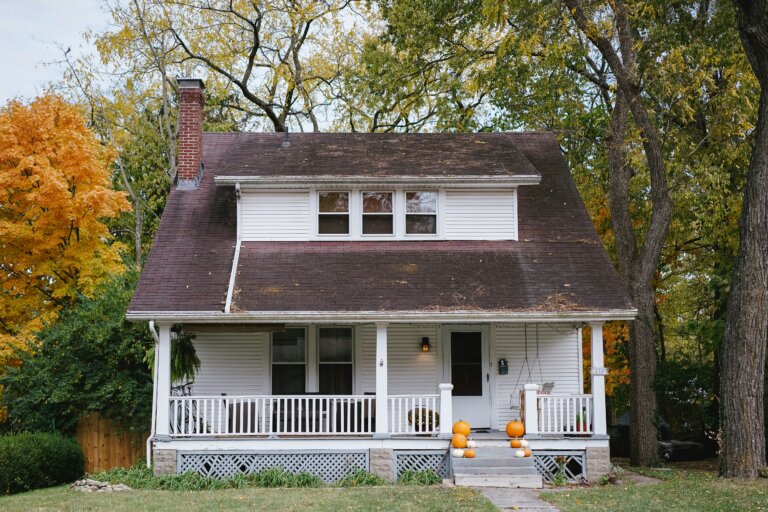Deciding how to pass your home to your beneficiary is a significant and personal decision. You can either transfer ownership while you’re still alive or leave it to them in your will. Each option comes with its own set of benefits and challenges, from tax implications to maintaining control over the property. By considering these factors, you can choose the best approach for your family.
Transferring Your Home to a beneficiary Prior to Death
Advantages:
- Immediate Control: Your beneficiary gains immediate control and use of the property.
- Avoids Probate: This approach helps avoid the lengthy and costly probate process.
- Reduces Estate Taxes: The property is no longer part of your estate, potentially lowering estate taxes.
- Peace of Mind: You can witness your beneficiary settling into their new home and enjoy the peace of mind it brings.
Disadvantages:
- Gift Taxes: You might incur significant gift taxes.
- Loss of Control: You lose control over the property once it’s transferred.
- Medicaid Eligibility: This transfer could impact your eligibility for Medicaid benefits.
- Risk of beneficiary’s Financial Issues: The property could be at risk if your beneficiary faces financial problems, gets divorced, or is sued.
- Capital Gains Tax: Your beneficiary might face higher capital gains taxes when selling the property.
Leaving Your Home in Your Will
Advantages:
- Control: You retain control over and use of the property during your lifetime.
- Step-Up in Basis: Your beneficiary may benefit from a step-up in basis, which would reduce capital gains taxes when they sell the property.
- No Gift Taxes: There are no gift taxes to worry about during your lifetime.
- Flexibility: You can change your mind and update your will if circumstances change.
Disadvantages
- Probate Process: The property must go through probate, which can be lengthy and costly.
- Potential Delays: Your beneficiary may face delays in gaining ownership and control of the property.
- Legal Challenges: There is a risk of legal disputes or challenges to the will.
- Uncertainty: Future changes in laws or family circumstances might impact the inheritance.
Key Considerations and Comparisons
When deciding whether to transfer your home to your beneficiary before death or leave it in your will, several key considerations come into play. Tax implications are important, as transferring the home can trigger gift taxes, while leaving it in your will may lead to estate taxes but offers a step-up in basis for capital gains tax savings.
Control is another factor; transferring relinquishes control immediately, whereas a will lets you retain control until death. Additionally, a will necessitates probate, potentially delaying transfer, while a pre-death transfer avoids probate. Consider how each option impacts Medicaid eligibility, as transferring the home can affect it. Lastly, think about your family’s unique situation and how each option might influence relationships and future plans.
Contact Our Experienced Estate Planning Attorneys
At Surprenant & Beneski, P.C., we can guide you through the complexities of transferring your home to your beneficiary, ensuring you make the best choice for your family. Our experienced team will provide personalized advice tailored to your unique situation. Contact us today to schedule a consultation and secure your family’s future.


